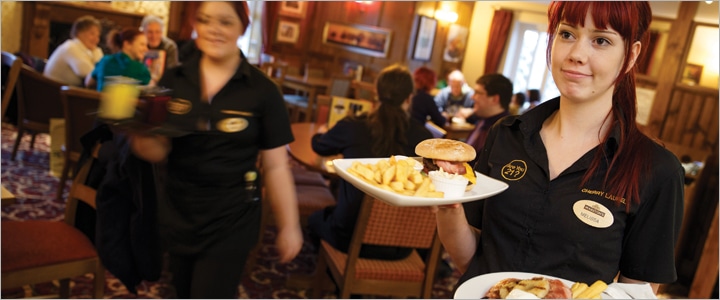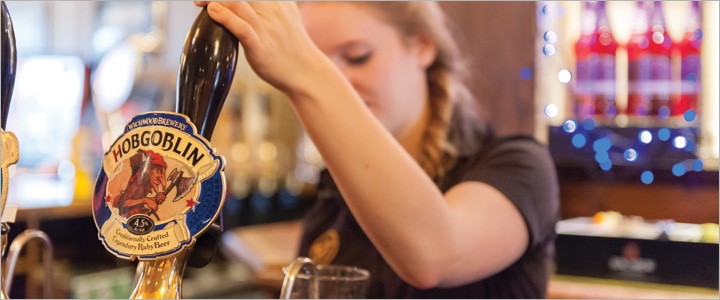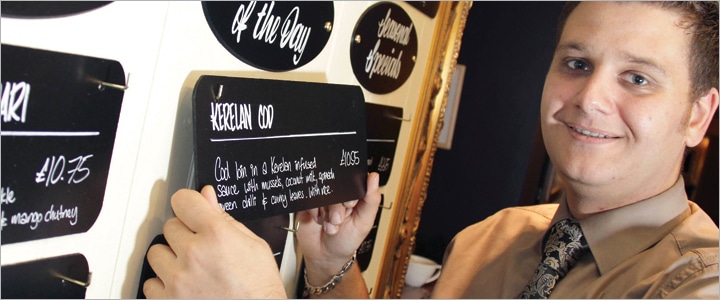Why Marston’s wanted to look at engagement within the company
We had done a lot of work on developing the Marston’s career path as well as other pieces of training and development. But it was really important for us to have a piece not just about awareness but to get a real flavour of what people thought of the company on the ground, and to give staff the chance to have their say. So we asked them a range of questions as well as giving them the opportunity to put down one negative and one positive open text comment. Everyone has different views, which is one of the most important things to realise, especially in a big PLC, but you do get collective themes.
Admittedly when we started this process we did not know what we were going to get back. In some ways it was daunting but we were determined to ensure any findings did not get stuffed into a bottom drawer and forgotten about. Whatever came out of the survey we were going to tackle head on and, more importantly, act on.
We decided to use a benchmark across all industries, rather than just compare us to other organisations in our own sector. That way we could see how we operated on a wider scale.
The figures certainly made interesting reading. The feedback around our career path was quite amazing in that people really did feel they receive recognition and development within the business.
But there was definitely a feeling that we could do more to improve the rewards and incentives that we offered to our pub teams and People Insight worked with to develop a range of programmes to answer those points. 50% of our pub staff are 25 or under – some of them wouldn’t be here to collect their gold watch as they work with us part time whilst at university or college but we wanted to show that we valued them all the same. Using the data supplied by People Insight we were able to bring in a new long-service scheme which recognised people from five years upwards.

As a result, we have significantly improved our engagement scores between year one and year two, showing that we haven’t just surveyed our employees and done nothing with that data – we’ve acted and implemented change as a direct result.
Marston’s now offers a comprehensive benefits and rewards scheme, meaning employees get discounts on a whole range of products and services – including the weekly shop.
Personally I think I’ve saved about £500 already this year and others will have too. When you have a proportion of your staff on or around the minimum wage it’s important we do everything in our power to make their lives easier.



